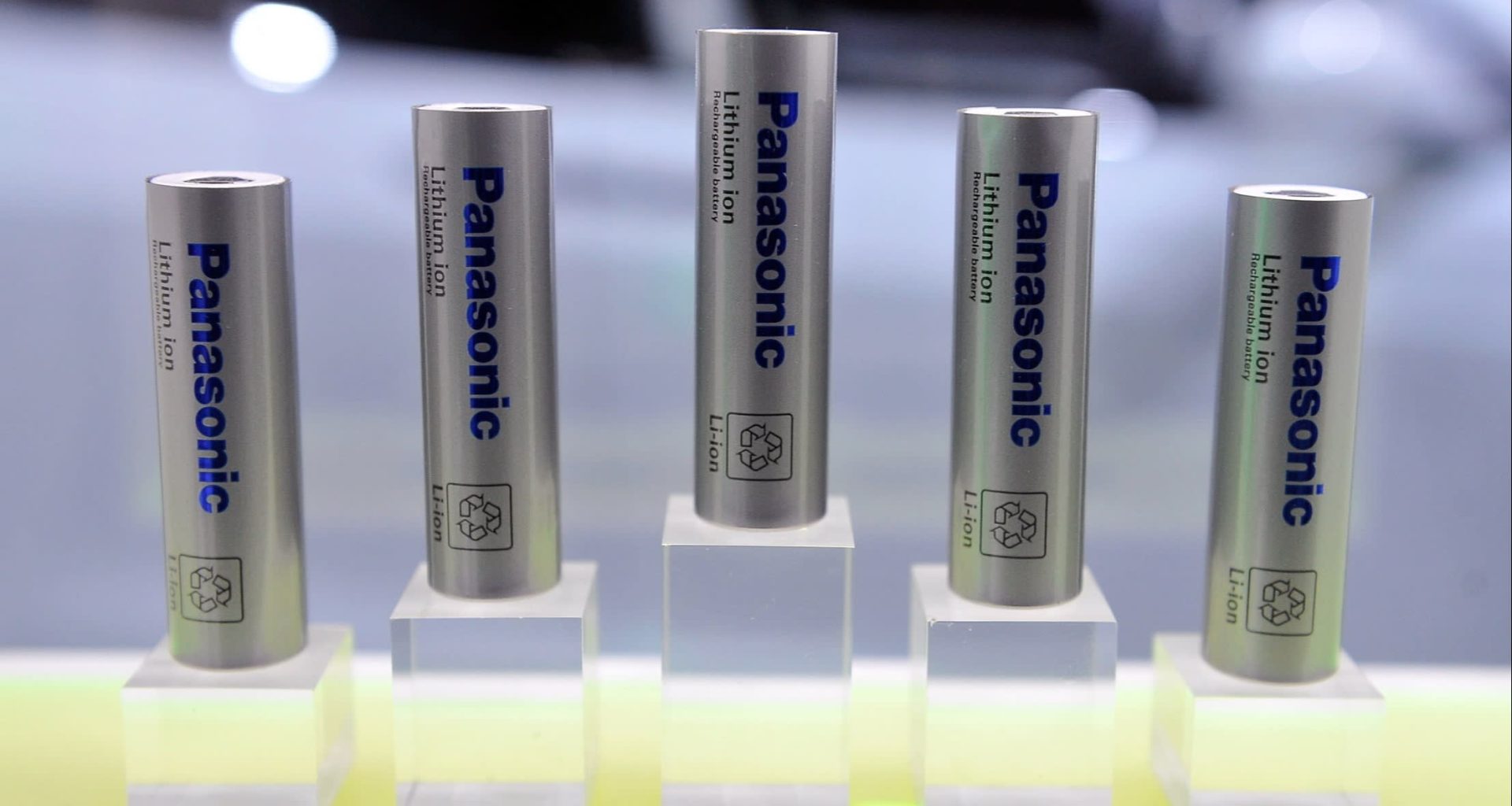Smaller companies play a big role in Japan’s electric vehicle battery supply chain, indirectly supporting the likes of Toyota Motor and Tesla. But many are struggling to keep pace with the speed and scale of investment needed as EV demand booms, threatening to create bottlenecks in an industry that Tokyo is keen to promote.
“We recently received requests from Europe, the US, China and South Korea — including two major automobile companies — to buy our machines, but we turned them all down,” the president of a Japanese machine maker told Nikkei Asia. “There’s just no room in our production capacity right now.”
The company manufactures factory equipment used to produce EV batteries. It is spending tens of millions of dollars to build a plant in western Japan that is set to be ready this year, but this will cater to demand from existing customers such as Panasonic.
The president said the company halted an additional investment plan that could cost about the same as the first over concerns that borrowing money from a bank would be too big a burden.
“A company our size would need to put most of our existing buildings up as collateral to borrow money from the bank,” he said. The company, which only has about 100 employees, does not have many assets left that have not already been used for collateral, meaning that it would have to borrow money for the next investment at much higher interest rates. He said he would have to rely on government subsidies to move forward.

Tokyo wants smaller companies like this to make alliances with each other to strengthen their competitiveness, but some of them fear that would mean giving up their autonomy on technology to big carmakers. Being unable to set their own research and development agenda, they worry, could mean they lose the selling point of having their own unique technology.
Kataoka, a Kyoto-based supplier of battery production equipment with about 200 employees, said it planned to triple its output capacity by the end of the 2027 fiscal year by setting up a new factory and also renting factory space from a nearby company.
“It’s an investment rush despite us having not much money,” chair Koji Kataoka said. The company can “handle” the financial situation, he said, as the timing of its investments are spaced apart, but he also said it was considering accepting funding from investors and possibly pursuing an initial public offering to raise cash in the future.
Both companies agree that despite reports of slowing EV sales, there is a flurry of investment in batteries as carmakers such as Toyota try to catch up with other companies that moved more quickly into electric vehicles.
Toyota aims to increase its battery EV sales 15-fold by 2026 compared with 2023 levels to 1.5mn units. Panasonic, a major battery supplier for American EV maker Tesla, said it wanted to quadruple its EV battery production capacity by March 2031 compared with March 2023.

As the market is expected to increase, “battery makers are scrambling to secure needed machine suppliers”, said Ryuta Morishima, executive officer of Japanese industry group Battery Association for Supply Chain. This is a dilemma for Japanese suppliers as they are “90 per cent small and medium-sized enterprises, and lack workers and space to build more factories”, he added.
Morishima said this was not the case for rival Chinese or South Korean battery suppliers, which expanded their business through mergers and ended up supplying a variety of the equipment needed for battery production. Japanese makers are more balkanised into narrow areas of business, with each supplying only a small part of the production process.

This article is from Nikkei Asia, a global publication with a uniquely Asian perspective on politics, the economy, business and international affairs. Our own correspondents and outside commentators from around the world share their views on Asia, while our Asia300 section provides in-depth coverage of 300 of the biggest and fastest-growing listed companies from 11 economies outside Japan.
Processes involved in making lithium-ion batteries include producing electrodes, pasting the electrodes on to thin metal sheets, rolling them up, putting them in metal cans, filling the cans with liquid electrolyte, and charging and discharging electricity for final inspection.
Morishima argued that this Japanese business culture was one factor holding back the country’s EV industry. A lack of strong leadership means suppliers need time to co-ordinate with each other and with customers, making battery manufacturers slower to set up new production lines, he said.
Now, there are signs that Japanese suppliers are facing competition from overseas makers in their home market.
Guangdong Hynn Technology, a Chinese producer of battery-making equipment with more than 3,000 employees, set up its Japan office in 2023, hoping to grab business with companies such as Toyota. Hynn is a major supplier to China’s CATL, the world’s biggest EV battery maker, and others, the company said, adding that it is considering a public listing in the future.

Hynn said there was interest in using its machines from Japanese carmakers, who traditionally favour domestic companies as suppliers. “We can provide machines with capabilities that best fit the customer needs and are cheaper,” said a representative from the Japan office.
The Japanese Ministry of Economy, Trade and Industry is aware of the risk that small domestic groups may be losing their foothold in the country. The next round of subsidies aimed at battery makers and their suppliers, with a total of about ¥500bn ($3.2bn) at its disposal, will for the first time also be extended to machine makers.
The ministry has laid out requirements for companies looking to apply for the subsidy to encourage small companies to form alliances, so that companies “can better co-ordinate on the multiple processes of battery manufacturing and be able to take orders from customers at one stop,” a government official said.
The application process for the subsidy closes in late May. Announcements of the selected companies will probably follow in one or two months.
One Japanese industry source said that these efforts would hopefully change the mindset of traditional small companies in the country. “If you phrase it nicely, you would say that they are healthily cautious, or you could say they are lacking ambition,” the person said.

Although industry groups and Tokyo agree that equipment and machine suppliers need to be more competitive, some small companies feel the recent push to reform the sector is a way for big automakers to protect their existing suppliers.
“I feel that big carmakers are behind the recent push [to reform the industry],” said an executive at a company that makes battery manufacturing machines. “Big carmakers are trying to break the existing [small] company-based industry and pushing for new ideas.”
Industry groups such as BASC, of which Toyota, Nissan and Honda are members, are introducing measures such as training existing car component suppliers to enter the battery business or proposing standards for battery production so that it will be easier for battery makers or carmakers to replicate processes overseas.
The move comes as electrification of vehicles threatens the long-established supply chains of Japanese carmakers, a pyramidal structure known as keiretsu in Japanese. EVs have fewer parts than traditional cars and do not have an engine, long the source of competitiveness for many carmakers.
The battery machine executive said getting orders directly from battery makers or automobile companies usually resulted in higher profits, whereas in a pyramid with thousands of parts suppliers, there “is a bigger risk of budget restrictions and having knowhow taken away”.
Alliance members could get knowledge on their competitors’ products and “Chinese rivals could indirectly get information on our technology if production lines are shipped overseas”, he said. “We’ll be worn out . . . Is this just Toyota trying to protect its existing suppliers?”
A version of this article was first published by Nikkei Asia on April 19 2024. ©2024 Nikkei Inc. All rights reserved.
Related stories
Read More: World News | Entertainment News | Celeb News
FT









